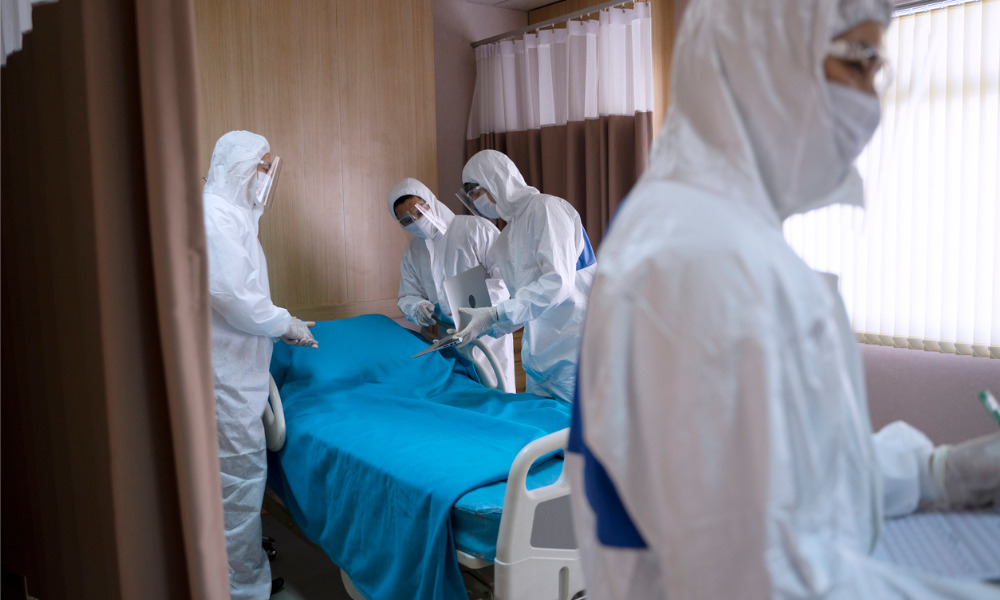
Panel admits work-related materials into evidence because of potential relevance to investigation

A hearing panel of the College of Physicians and Surgeons of Ontario has recently agreed with a doctor’s contention that investigators were not authorized to take specific personal data from computers and hard drives in his medical clinic.
In College of Physicians and Surgeons of Ontario v. Fagbemigun, 2021 ONCPSD 23, a doctor faced professional misconduct proceedings alleging that he inappropriately billed the Ontario Health Insurance Plan for services not rendered, made false or inaccurate records, billed for services not clinically indicated and accepted commissions for referring patients.
In 2018, four investigators appointed by the College of Physicians and Surgeons of Ontario made an unannounced visit to the doctor’s medical clinic, where they took pictures, searched drawers, took copies of computer terminals and removed documents and hard drives.
The doctor contended that the investigators’ conduct was an illegal violation of his right to be secure against unreasonable search and seizure under s. 8 of the Canadian Charter of Rights and Freedoms.
The panel of the college’s discipline committee partly granted the doctor’s motion. It declared that specific data taken from the five computer terminals and five hard drives during the search were inadmissible at the hearing on the merits. This data included emails from personal accounts, correspondence about private investments and information about personal banking, home mortgage payments, utility payments and charitable donations.
The panel held that the search was reasonably conducted and that the search and seizure were legally authorized, except regarding the removal of personal electronic documents irrelevant to the investigation and of the patient agreement relating to controlled substances.
The panel found that the unauthorized search and seizure of the doctor’s materials and the patient narcotics agreement breached s. 8 of the Charter and excluded these materials from the evidence under s. 24(2) of the Charter. Admitting personal information to the evidence would bring the administration of justice into disrepute, said the panel.
The panel ruled that, while the appointment of investigators was valid, these investigators went beyond their powers under s. 76 and s. 78 of the Health Professions Procedural Code when they extracted personal information from the computers and hard drives without utilizing appropriate techniques for safeguarding privacy and took personal data without reasonable grounds to believe that it was relevant to the investigation.
“Personal information like the financial records, emails and travel records is at the heart of the interests protected by s. 8,” wrote the panel. “It touches a person’s ‘biographical core,’ affecting privacy and dignity rights in a significant way.”
However, the panel found that the investigators had the right to remove work-related electronic and physical materials because they had reasonable grounds to believe they were relevant. Thus, the panel did not exclude these work-related materials under s. 24(2).
The panel rejected the doctor’s submission that his office lease agreement and income tax and payroll data constituted personal and irrelevant information. This rejection was because there were reasonable grounds to believe that these business-related financial documents were relevant to the investigation into the doctor’s financial improprieties.